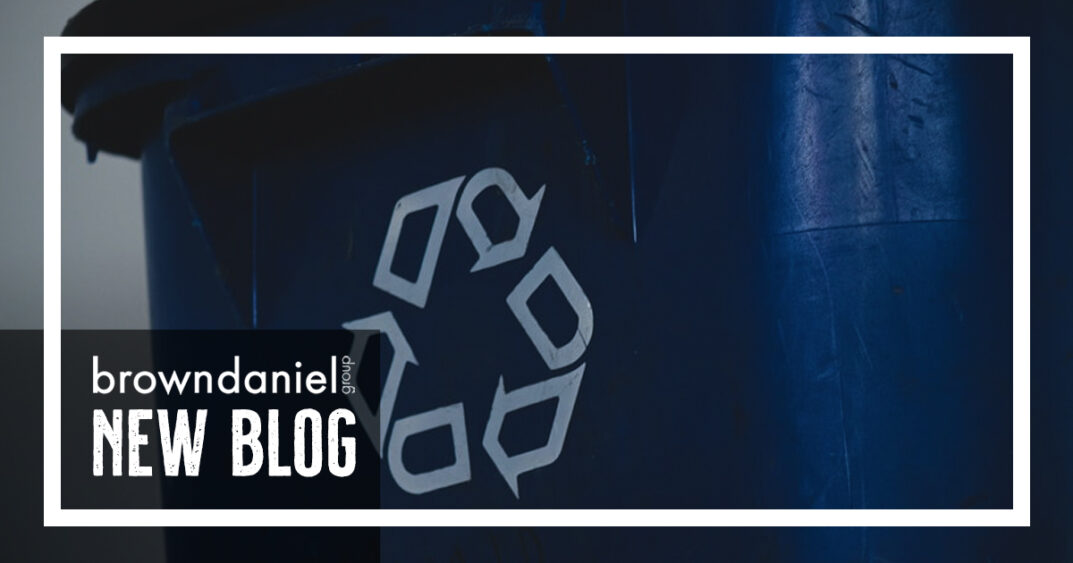
Many of us feel a distinct calling to do our part to protect the environment, even if we are only able to make small contributions here and there. The easiest way you can make a difference is often with your recycle bin, separating household trash so that items that can be saved from the landfill are pulled out and sent to the proper recycling facility. However, many of us have been unknowingly separating our trash incorrectly, sending materials that cannot easily be recycled to the small green bin when they should really be thrown away, repurposed, or sent to a specialized recycling facility.
Don’t feel bad if you have been guilty of improper recycling. There are so many different types of plastic, so many coatings that can be put on cardboard, and so many recycling locations that are finicky about the type of glass they will and won’t accept, that it is hard to be certain what should and shouldn’t go in your bin. But rather than continuing to guess, read on for more details about what can be tossed into your recycle bin, and what items you’ll need to find another home for, or throw away completely.
Cardboard
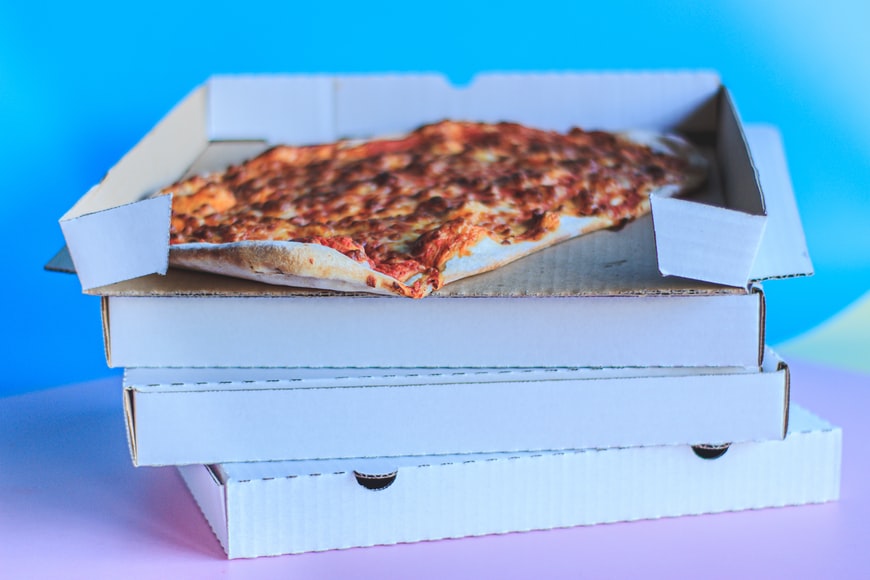
You can typically recycle any product made of cardboard, which is wonderful in this time of online shopping and constant Amazon deliveries. You might be thinking that this also makes cardboard a good alternative to styrofoam for restaurant carryout orders and your dinner leftovers. Unfortunately, that may not be the case. If a cardboard container becomes too greasy or contaminated with food waste, such as cheese stuck to the lid of a pizza box, it can’t be recycled. This is because the grease and food particles might damage recycling equipment or contaminate other materials. A small amount of crumbs or lingering oil is fine, but if a container has been soaked through or there is food caked on it, you’ll need to toss it into the trash, or a composting bin if available.
Other cardboard items pose a problem because they are coated in wax, which does not break down properly during the recycling process. This is the case with orange juice and broth cartons, along with many other containers in which we purchase beverages and liquid food items. Similarly, wax paper used in baking and the boxes used for most frozen food items are usually unable to be recycled. There are exceptions though, so check with your sanitation company or local recycling center to be sure.
Paper Towels
Much like with cardboard containers used for food, paper towels and napkins have often been too contaminated with food to be recyclable. Even if you don’t see obvious food or grease saturation, these paper products should not be tossed into a recycle bin. Often, paper towels are already made from recycled paper in the first place. This means that the remaining fibers that comprise the towels are too short to go through the recycling process again. So throw used paper towels in the trash, and if you would like to cut down on the amount of paper you are sending to the landfill, use washable cloth napkins and reusable cleaning towels and sponges as much as possible in place of single use paper products.
Plastic Lids and Utensils
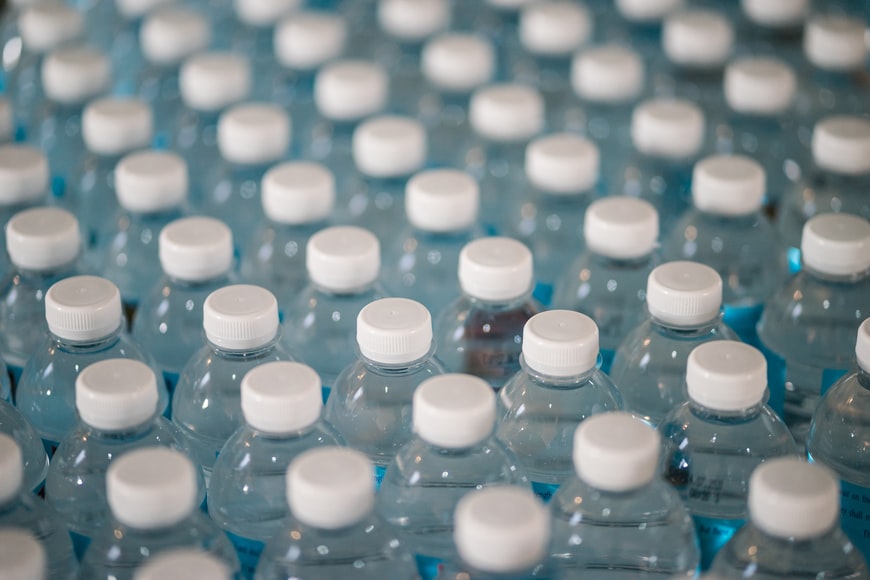
Most of us try to be responsible with how we dispose of our single use soda and water bottles, and with household containers such as detergent bottles. These items are almost always made of plastic, and are considered to be universally recyclable. Unfortunately the lids of these items are usually not acceptable at recycling facilities because they are made from polypropylene, also known as plastic #5. So please, remove the lids and toss them in the trash first, then put only the bottles into the recycle bin.
Utensils are another challenging item. Forks, knives, spoons and straws have been used more and more as many people have been ordering in during the pandemic. But these items typically contain plastic #6, or polystyrene, which is very expensive to recycle, so most facilities do not accept it. The best advice we can give is for you to request no utensils with your take out order where possible, and to reuse the ones you have rather than throwing them away after one use.
Plastic Bags
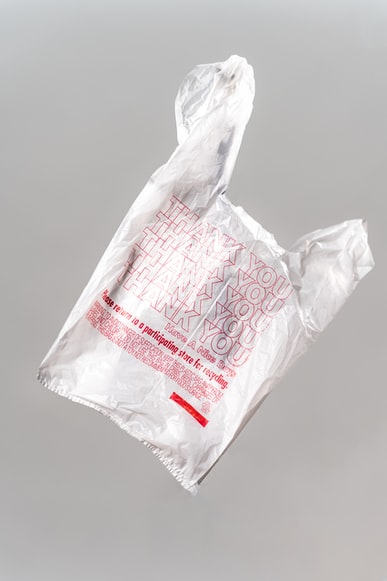
Due to their thin and lightweight nature, plastic bags can clog, tangle, and potentially damage the machinery used in recycling. However, there are specialized machines that can handle this material, so only recycle your bags in designated bins, often found outside grocery and retail stores. To avoid the issue altogether, keep reusable shopping bags on hand. If you stash a few of these bags in your car, it will help you be prepared for even impromptu shopping trips.
You might be surprised to learn that bubble wrap is very similar in construction to plastic bags, and while it cannot be recycled with your household items, you can place any sheets used in your deliveries in grocery store bins along with your plastic bags. Another point to remember when it comes to thin plastic items like bags and wrap – since it can’t be easily recycled, you shouldn’t leave any of your other recyclables bagged in it when you to toss them into a bin.
Other Problem Plastics
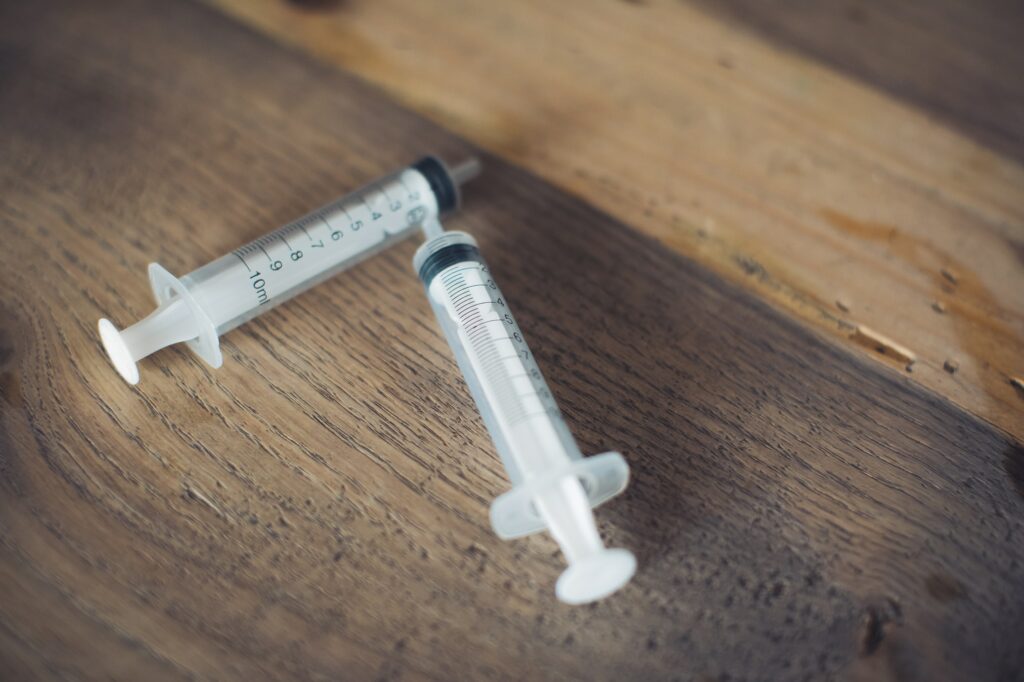
There are a lot of other plastic items in our homes that bring about challenges when it comes time to discard them. For example, plastic shower curtains, liners and shower curtain rings are all often made using polyvinyl chloride or PVC. Because of the chemicals that are used when these items are manufactured, they are unable to be recycled, and they don’t break down in landfills. Instead, consider ways use can reuse these items. You can use unwanted shower curtains to protect tables during art or craft projects, or in place of drop cloths when painting.
Another plastic you can’t easily get rid of is the plastic included in medical waste such as syringes and prescription containers. These items are classified as biohazards and no common household recycling facility will touch them. To dispose of these items properly, contact your local pharmacy or doctor’s office to learn about how to rid yourself of them responsibly.
Styrofoam
As we’ve mentioned above, styrofoam is never accepted in household recycling bins, and its frequent use in restaurants is becoming more and more of a bone of contention amongst environmentally minded people. To make matters worse, styrofoam also doesn’t break down over time in landfills. Where possible, consumers are encouraged to limit their use of this material. When given the choice, choose eggs in a cardboard carton at the store rather than styrofoam, and if you can avoid purchasing styrofoam coffee cups, go for another material instead.
Another place you may see styrofoam a lot is in the form of packing peanuts. This material may protect your shipments, but it is made of expanded polystyrene, and as such cannot be recycled. Before you toss a heaping pile directly into the trash, check with your local shipping service outlets. Many will accept clean packing peanuts back from their customers to be reused in other shipments.
Aerosol Cans
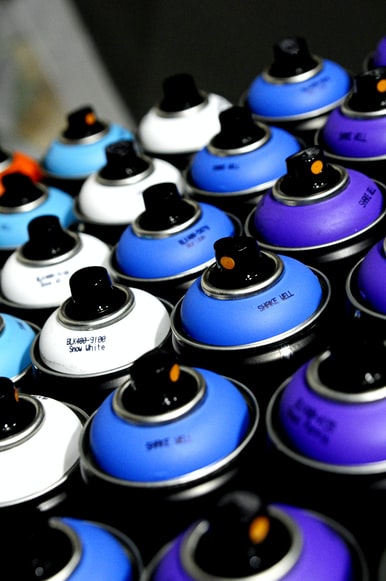
You’ve likely tossed an empty can of furniture polish or hairspray into the recycling bin along with other metal cans such as those used for soup and canned vegetables. It would make sense for you to assume that because these spray cans are also made of metal, they can be recycled at any facility that accepts your other general metal products. Unfortunately that is not the case. Because the contents of aerosol cans are under pressure, they could cause damage to recycling equipment, and therefore are not widely accepted. Some recycling facilities will take aerosol cans if they are separated from other metal, but only if they have specialized equipment that can depressurize the can and empty it of its contents. Be sure to verify ahead of time to see if this type of recycling is available in your area.
Specially Treated Glass
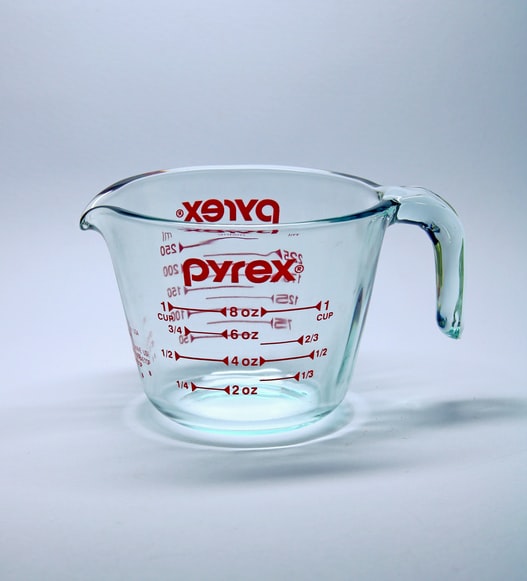
Many recycling facilities accept glass, and since there aren’t very many kinds of glass that are used in groceries and household items, there aren’t as many rules to follow as there are with cardboard and plastic. One exception to this rule is the glass used in mirrors. The special coating that makes this glass reflective not only makes mirrors non-recyclable, but attempting to recycle it can make other glass items that go through the process with it unusable. Rather than recycling, donate unwanted mirrors if they are still intact, and if they aren’t, consider using the pieces for crafts. If you must throw broken mirror glass away, wrap or bag it carefully so that it does not cut anyone who will be handling your garbage.
Another type of glass with a coating that renders it impossible or troublesome to recycle is heat resistant glass cookware such as Pyrex. The chemicals used to heat treat this type of glassware can contaminate an entire batch of glass at the recycling facility, making it all unusable for new glass creations. Where possible, donate unwanted cookware, and if it is beyond the point of donation, you will need to throw it away with your usual garbage.
Sometimes it’s not the coating itself that makes a type of glass a bad candidate for the recycle bin, but rather the fact that it was made to be especially durable. That is the case with glass used in window panes. The glass you’ll find in your window is completely different from the glass jars your baby food, jelly and spaghetti sauce comes in. So while those household items can be rinsed out and put in the little green bin, you’ll want to dispose of old window panes in the trash.

